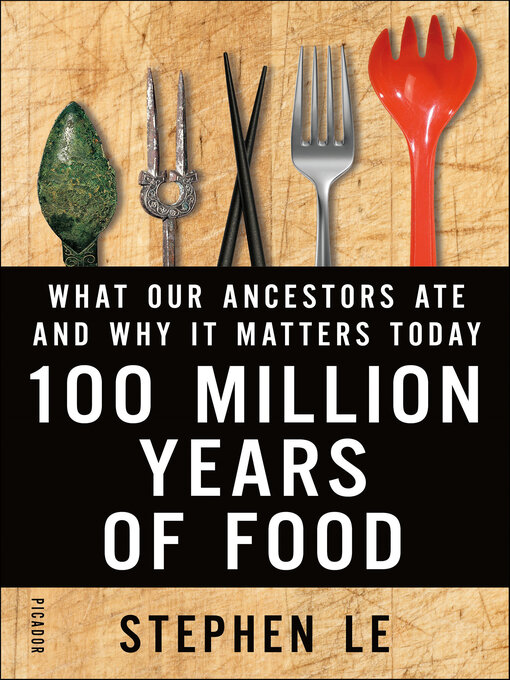- Reading and Ruminating
- Staff Reads
- Big Bowl of Cozy: Soups, Slow, and Multicookers
- Pumpkin Spice and Everything Nice
- Resistance
- For Fans of The Hunting Wives
- Dark Academia
- Literary Longlists
- Washington State Authors
- Women in Translation
- Flower Power
- Short 'n' Sweet
- Bans off Our Books
- See all ebooks collections
- Hear the Holidays ❄️
- Available now Audiobooks
- Just Added Audiobooks
- Hear the Dark Academia
- Lively Listens: Audiobooks with Multiple Narrators
- Queerly Beloved
- Award Winning Audiobooks
- Quick Stories
- Full Cast Audiobooks
- Pacific Northwest Authors & Settings
- Agatha Christie and Friends
- Books about Books
- Uplifting Listens
- See all audiobooks collections
- News & Politics
- Celebrity
- Health & Fitness
- Food & Wine
- Fashion
- Tech & Gaming
- Business & Finance
- Revistas
- Cars & Motorcycles
- Home & Garden
- See all magazines collections

